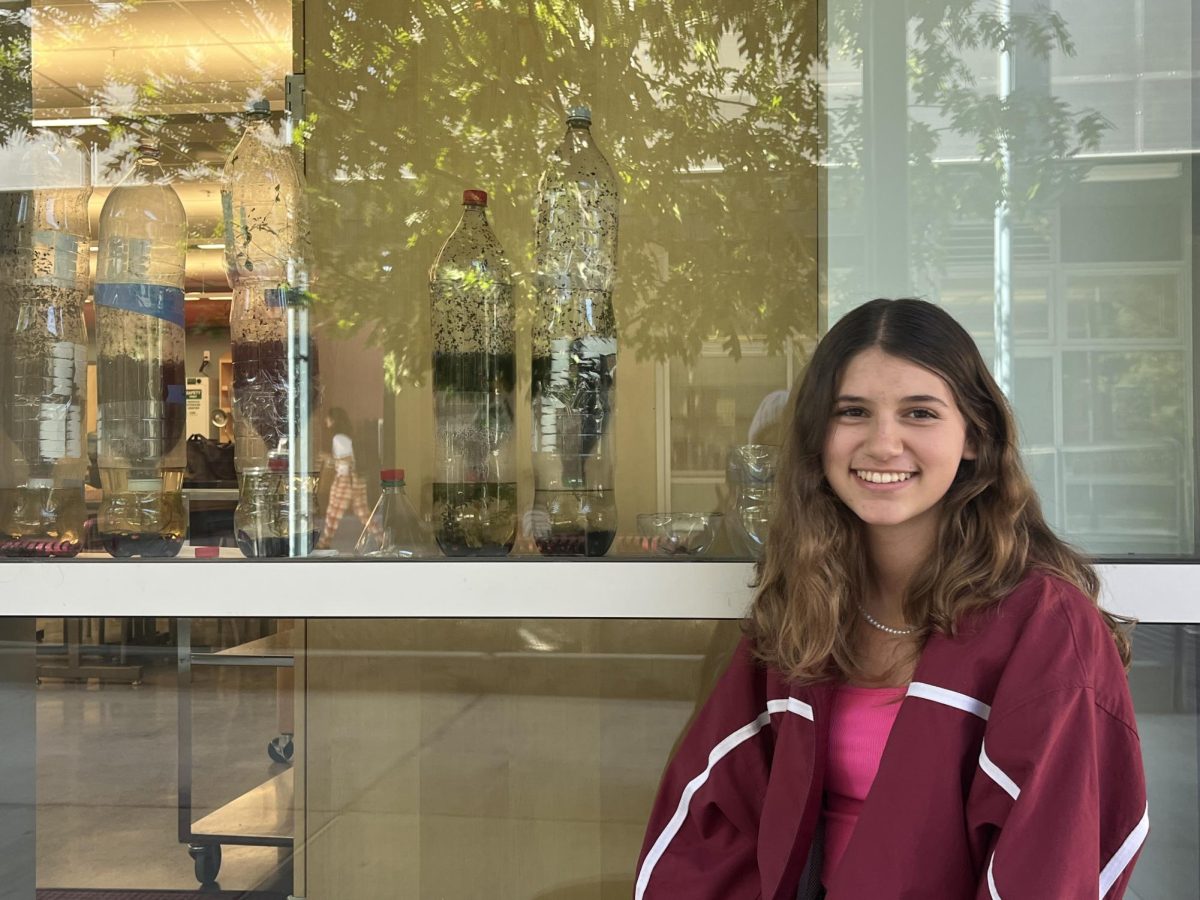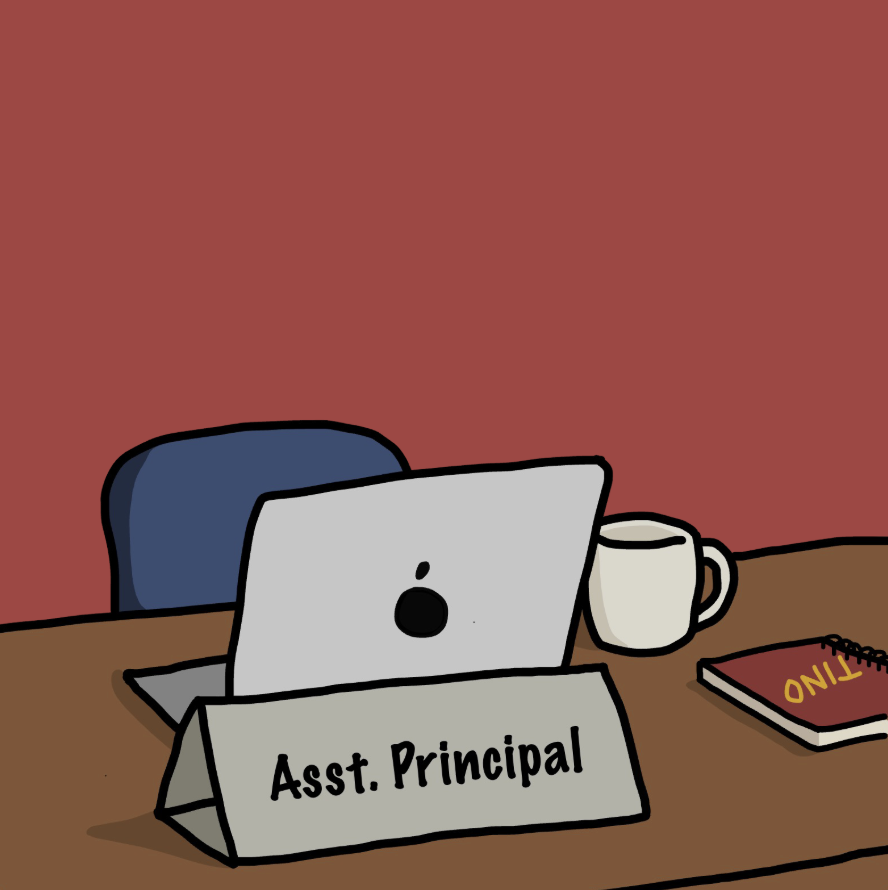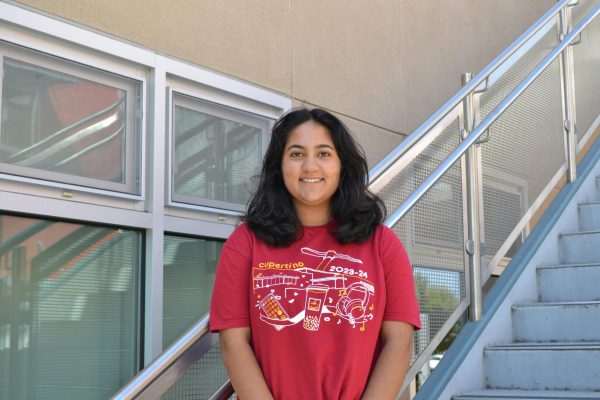“There’s a trigger for change to begin in the first place,” said sophomore Livia Aschheim. “The path of doing nothing for the pigs right now would be no one says anything and nothing happens and it continues as it’s been done for however many years.”
Since beginning her high school journey in 2022, Aschheim has been persistent in advocating for animal rights by working with CHS’s science department. Aschheim began researching some of her ethical concerns after experiencing the eco-column project in her freshman biology class — specifically, how fish feel pain, if the experiment hurts them and the potential alternatives our school could implement. Her research transformed into an essay describing the research she had found.
“I would work on the essay for a few months,” Aschheim said, “And eventually, I sent it to the science department teachers, which was pretty scary for me, but I knew that the research I had done was correct.”
In her essay, Aschheim stayed factual and presented the information accurately, hoping for the teachers to process the research and possibly shift the style of eco-column projects the department conducts in the future.
She recieved positive feedback from the department — teachers respected her initiative, recognized the facts and promised to implement change. This year, the eco-column project was conducted without live fish; instead, it was replaced with other aquatic creatures. But regardless of the fish’s removal, Aschheim still believes there is work to be done.
“They’re technically not using fish, but they’re still using snails and mini shrimp and other creatures,” said Aschheim, “So there still are creatures in the eco-columns that are suffering because of the conditions we’re putting them under, which is unnecessary.”
Aschheim’s motivation to create further change in the eco-column experiment is driven by the fact that it is entirely feasible to teach the same material without causing harm to any creatures. Archbishop Mitty High, for example, conducts an animal-free eco-column experiment, simply substituting aquatic animals for different plant types. Aschheim believes that ensuring animal rights does not need to take away from the effectiveness of science lessons, but it simply aids students in being more aware of the harm they can inflict upon other creatures and avoid it.
This year, Aschheim is working with teachers in the science department to explore alternative options for pig dissections, such as sourcing fake pigs for the spring physiology unit.
“We’re exploring students being able to choose at the beginning of the experiment whether they want to dissect a real pig or dissect a fake pig […] Ideally, we would not be dissecting real pigs and we would all be dissecting fake pigs,” said Aschheim.
While fetal pigs are not killed for these experiments, they lose their mothers, and purchasing them funds the slaughterhouses to harm more pigs in the future, perpetuating the cycle that causes this in the first place.
Despite the work she has yet to complete, Aschheim helped accomplish substantial change at CHS to protect animal rights. Her initiatives originally stemmed from personal goals but could continue through the support of the teachers she collaborates with.
To anybody wanting to start their advocacy journey, Aschheim advised, “You’ll feel in yourself when something is wrong and doesn’t match up with what you believe in […] Don’t ignore that. Pay attention to it and try and utilize what you’re already good at to make a difference.”
In the future, Aschheim hopes to incorporate her activism into her education and career.
“In some ways, it’s a kind of a burden to have to work on because I wouldn’t choose it,” said Aschheim. “But it’s an honor to carry that burden because I have the [privilege] to advocate for animals.”









